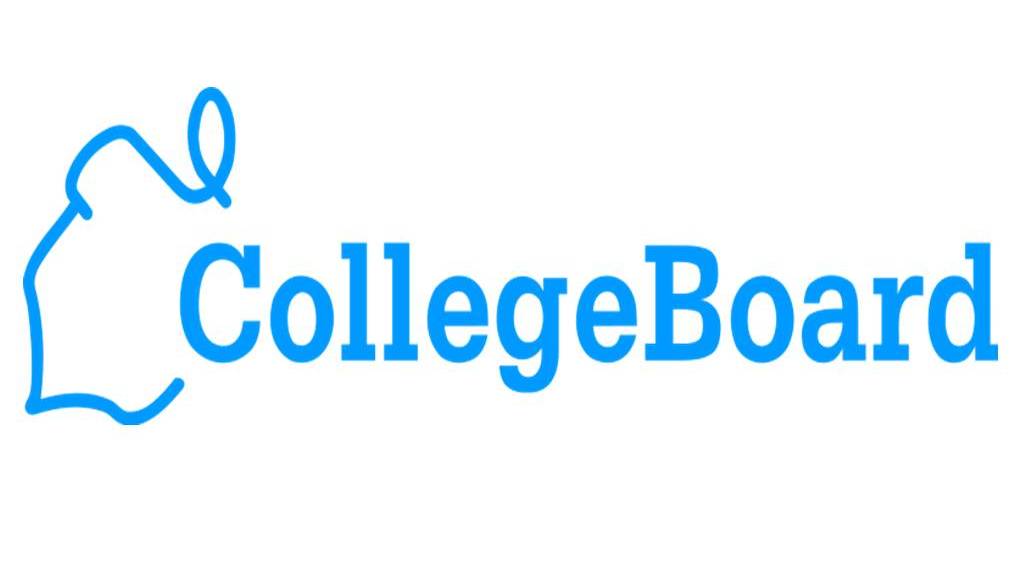
Great post from the Princeton Review on college counselors—high school and independent. Give it a read to learn more about both!
College counselors—both school counselors and independent consultants—can play a huge role in your college search. And when it comes time to apply and evaluate schools, both can help you make that all-important decision.
High School Counselors
Your school counselor can help you:
- Stay on top of class selection and graduation requirements
- Navigate your high school’s processes for
- Getting letters of recommendation from teachers
- Completing the counselor letter of recommendation
- Sending your official transcript to colleges
- Select extracurricular activities
- Research colleges and draft your college list
- Answer your FAFSA questions
- Find and apply for local scholarships
- Complete and send your applications
Your school college counselor can be an invaluable resource! That said, the national average student-to-counselor ratio is 350:1. And if you go to a large high school with more than 2,000 students, your student-to-counselor ratio may be closer to 500:1 (Source: The College Board).
Depending on the amount of face time they get with their school counselor, some families decide to hire independent college counselors to guide them through the admissions process.
Independent College Counselors
An independent college counselor works alongside your school counselor to help you with all of the above, and in addition:
- Find a best-fit school for you based on qualities like
- Refine your list and pick which schools to focus on
- Craft a personalized admission strategy tailored to each school
- Present yourself on your applications so that they stand out from the crowd
- Keep college stress at bay by coaching you (and your family) through each step of the process
- Choose tests and courses that will best represent your strengths
- Decide which offer of admission, and financial aid package, to accept
Whereas your school counselor can advise you on more than just college, independent counselors spend all their time on college counseling and tend to work with fewer students.
Are you looking for strategic college advice based on your personality and goals? Our College Counselors will help you find, apply, and get accepted to your dream school. Get a personalized college admissions plan today!

